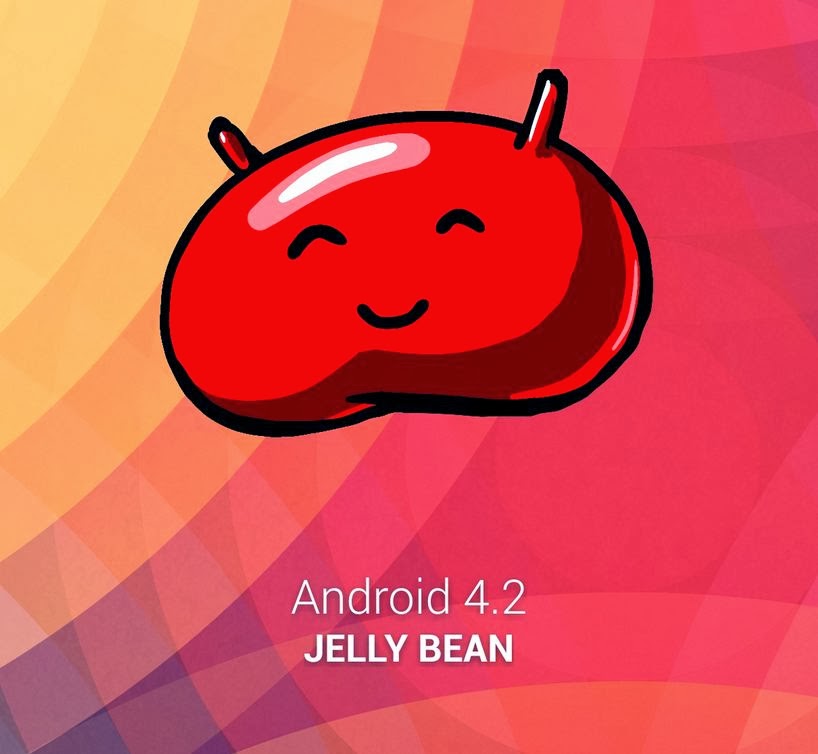What
is Android?
Yeah, Android is an
operating system from Google for cell phones, tablets and many other devices
coming in the near future. But how it all started? What’s the story behind it?
Why is Android chosen as an operating system for most of the devices? Let us
common people who aren’t big geeks learn a few things about it.
History of Android
Android is an operating system based
on Linux kernel. Well, yes you can say that Android is a mod version of Linux.
Android was developed by Android Inc. and was later on supported by Google on
financial terms. Since it was a good project and Google saw a good future for
the operating system, they bought the Android Inc. in 2005. Android was
unveiled as open source software (open source: a platform which other
developers can use to work on it free of cost while obliging to the terms and
conditions of respective companies). And finally Android was officially
released on a touchscreen smart phone called HTC Dream on 22nd
October 2008. The source code of Android was released by Google for developers
under the Apache Licensing. By this licensing, developers could freely modify
and distribute the Android software.
What is Android to us?
Android was introduced for touchscreen phones, so it is
obvious that it had many features such as swipe, tap, pinch etc. Android has
been the most handy operating system for cell phones and it has become most
popular cell phone and tablet operating system since July 2013. Android has a
basic home screen, or a desktop you can say, which can have application
shortcuts and widgets (widgets are live updated gadgets with fancy looks. for
e.g. clocks, calendars, weather, news, and much more). Also, Android comes with
a default application called ‘Play Store’ which has a lot of applications
(apps) and games for Android platform. All you have to do is just open Google
Playstore, login through your Google account and browse through the apps, games
and just tap install. It will automatically download it on your device and you
can use it anytime and anywhere. Playstore has over 1 million applications and
over 50 million downloads. Further, Android has a status bar which is always
present at the top of your screen and what it does is it will notify you of new
text messages emails and other app notifications as well. Status bar is always
present at top so you can access it at any time even if you are busy using
other application. Another feature that Android provides is auto-sync. This
feature allows user to sync their contacts, apps, calendar events and photos to
their Google account. So the user can get that data back on other device or the
same device after the factory reset. Just login to the Google account and you
have all your data and settings on your device back.
Android Versions
Android is really growing fast and improving even faster.
Since its birth, it has had the following versions:
- Android Alpha
- Android Beta
(Both of which weren’t released publicly)
(And now all version of Android are released in an
alphabetical order)
- Cupcake
- Donut
- Éclair
- Froyo
- Gingerbread
- Honeycomb
- Ice Cream Sandwich
- Jelly Bean
- Kit Kat
Here
are versions, api levels, distributions and release dates
Api
Levels
|
Versions
|
Code
names
|
Year
of Release
|
Distribution
|
Logo
|
|||
19
|
4.4
|
Kit
Kat
|
31st
October 2013
|
1.4%
|
|
|||
18
|
4.3.x
|
Jelly
Bean
|
24th
July 2013
|
7.8%
|
||||
17
|
4.2.x
|
Jelly
Bean
|
13th
November 2012
|
15.4%
|
|
|||
16
|
4.1.x
|
Jelly
Bean
|
9th
July 2012
|
35.9%
|
||||
15
|
4.0.3-4.0.4
|
Ice
cream sandwich
|
16th
December 2011
|
16.9%
|
||||
13
|
3.0-3.2
|
Honeycomb
|
15th
July 2011
|
0.1%
|
||||
10
|
2.3.3-2.3.7
|
Gingerbread
|
9th
February 2011
|
21.2%
|
||||
8
|
2.2
|
Froyo
|
20th
May, 2010
|
1.3%
|
Conclusion
Android is
a great platform for all users who would like to use their phones for social
media, gaming, office work or for basic use of calling and texting.
Where it excels:
- Lots of free applications, games
- Live and fast updates of multiple things like whether, news etc.
- Now Google Play Store also has Movies and Novels as well
- Many free applications through which you work or share data or even enjoy with people all around the world
Where it lacks:
- High Battery usage
- High amount of app installation may make your phone slow
- Security – although Google services provides you with remote location of device but not many people know about it and requires compulsory internet connection
- Privacy – you need to use a 3rd party application to lock your personal data








.jpg)

No comments:
Post a Comment